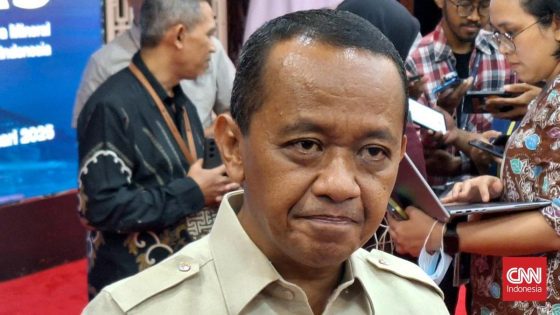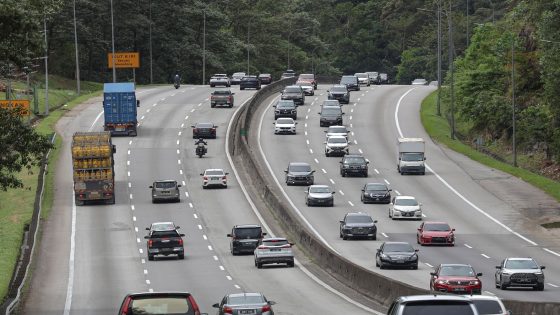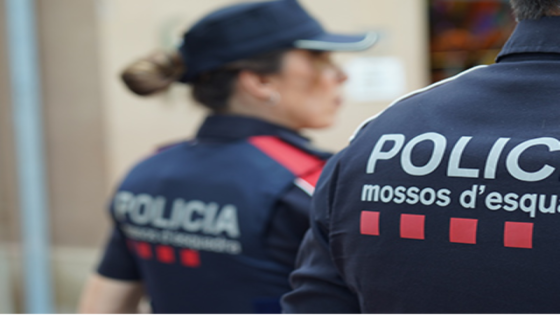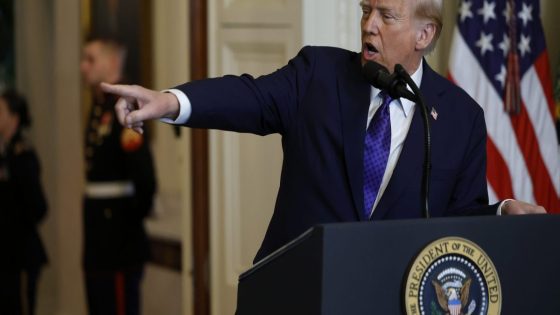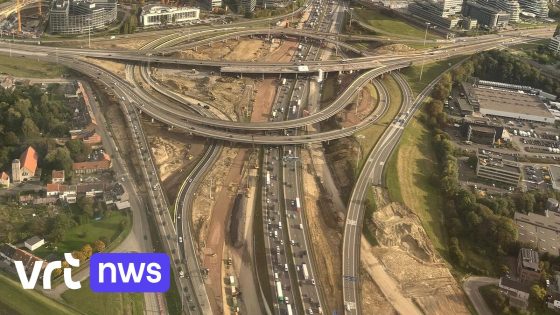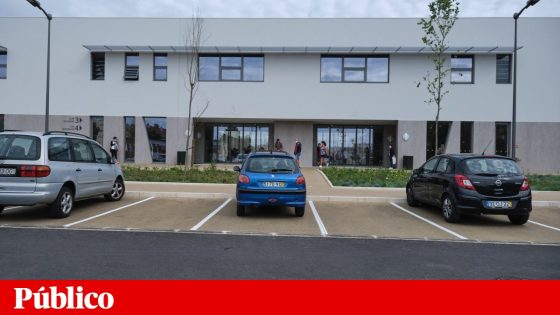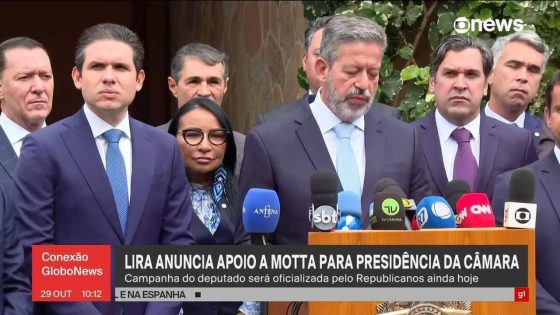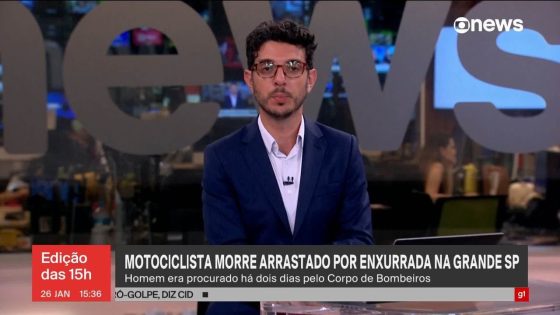The recent changes regarding the sale of 3 kg LPG in Indonesia have sparked significant debate. On February 4, 2025, Minister of Energy and Mineral Resources Bahlil Lahadalia clarified that the restriction on retail sales of subsidized LPG is indeed a directive from President Prabowo Subianto. But what does this mean for everyday consumers struggling to access this essential resource?
- Bahlil defends LPG subsidy distribution policy.
- Policy change based on 2023 study findings.
- LPG 3 kg sales by retailers banned.
- Citizens face long queues for LPG access.
- Prabowo's involvement in LPG sales decision.
- Retailers must register as LPG sub-dealers.
Understanding the Impact of LPG Sales Restrictions on Indonesian Consumers
Why is the sale of 3 kg LPG causing such a stir? The recent policy changes have left many citizens in long lines, struggling to obtain this vital energy source. The government’s intent is to enhance the distribution of subsidies, but the immediate effects have raised concerns.
Key Details About the LPG Policy Changes in Indonesia
As the government implements these changes, understanding the broader implications is crucial. The policy aims to curb misuse of subsidies, but it has inadvertently created challenges for consumers.
Reasons Behind the LPG Sales Ban and Its Consequences
The ban on retail sales of 3 kg LPG was introduced following an audit that revealed misuse of subsidies. This has led to significant changes in how LPG is distributed.
- Retailers are now prohibited from selling 3 kg LPG directly to consumers.
- Consumers are facing long wait times to access subsidized gas.
- The government is working on establishing registered sub-distributors to streamline access.
- President Prabowo has intervened to address the public’s difficulties in obtaining LPG.
Future of LPG Distribution in Indonesia: What to Expect
Looking ahead, the government plans to allow registered retailers to sell LPG again, but with stricter regulations. This could potentially ease the burden on consumers, but will it be enough?
Public Response and Government Accountability
Public reaction to these changes has been mixed. While some support the effort to eliminate subsidy misuse, many are frustrated by the immediate impact on their daily lives. The government must balance accountability with accessibility to ensure that the needs of the people are met.
In conclusion, the recent policy changes surrounding 3 kg LPG sales in Indonesia highlight the complexities of subsidy management. As the government seeks to improve distribution, it is essential to consider the immediate effects on consumers and find solutions that benefit everyone.



